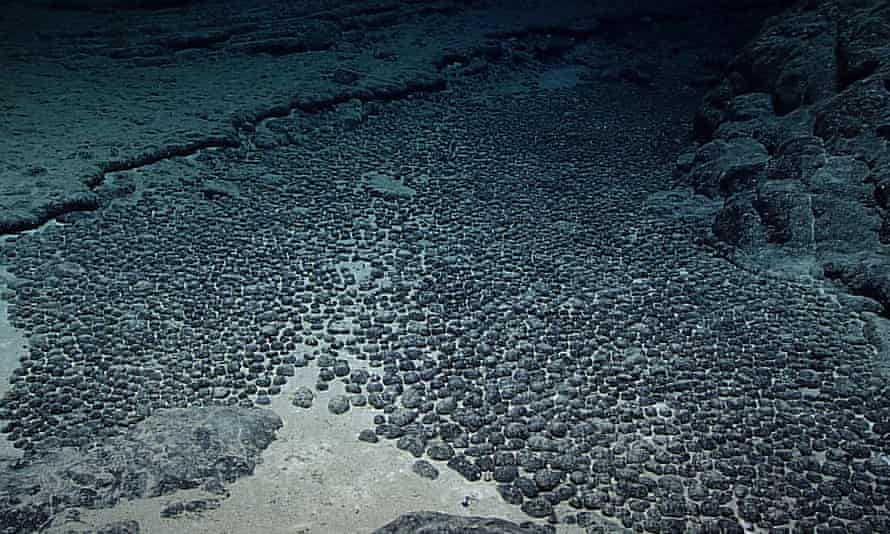A lot of companies are planning and discussing to mine the seabeds. This process will be a taxing one as gigantic machine will be involved in scraping through the metals present on the sea floor. The metals are expected to be like nickel, copper, manganese, and cobalt to be present in the ocean.
There is an issue that this mining will cause the local ecosystems and natural habitats in the region to be destroyed and negatively influenced. The Guardian reports that most of them have not even been discovered. This is a dilemma as the process will affect the aquatic life but at the same time, help meet the demand for electric vehicles.

“We now have the technology available to us to explore more of the ocean in the next 10 years than we have had in the last 10,000,” Oliver Steeds, founder of the deep-sea research foundation Nekton, told The Guardian. Mining tech, he said, represents “an extraordinary opportunity for progress, but also it represents a threat, whether through deep-sea mining or further industrialization and overfishing.”
One of the companies is DeepGreen that plans to mine the ocean. The company insists that this step is necessary, and it will have the “least planetary impact” compared to mining from other sources.
However, other companies disagree and state that this is a serious hazard for the life in the ocean and the planet. “DeepGreen is offering a false or dystopian choice,” Deep Sea Conservation Coalition cofounder Matthew Gianni told The Guardian.

Scientists and researchers state that although it is an attractive option, but it will not be without repercussions and the planet will have to face the negative consequences soon.
“There are some very significant questions being raised by scientists about the impacts of ocean mining,” University of California, Santa Barbara researcher Douglas McCauley told The Guardian. “How much extinction could be generated? How long will it take these extremely low-resilience systems to recover? What impact will it have on the ocean’s capacity to capture carbon?”


